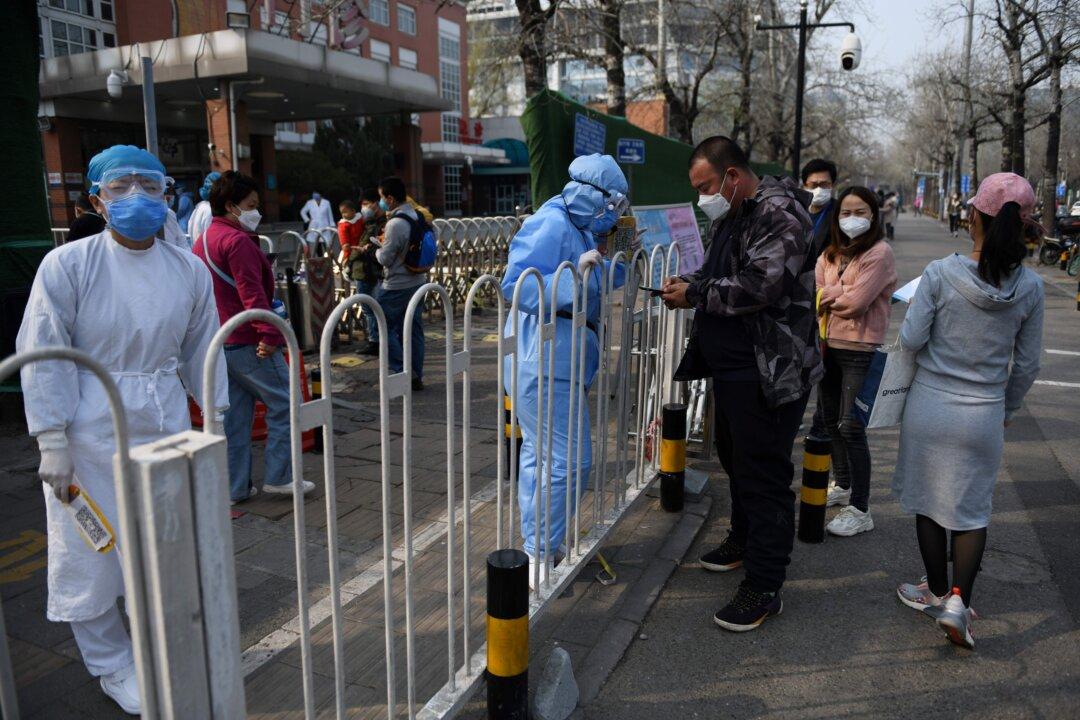The Beijing city government has ordered all municipal-owned hospitals to set up funeral home offices, according to internal government documents obtained by The Epoch Times.
The timing has led some analysts to believe that it is related to the current outbreak of the CCP (Chinese Communist Party) virus, commonly known as novel coronavirus.





